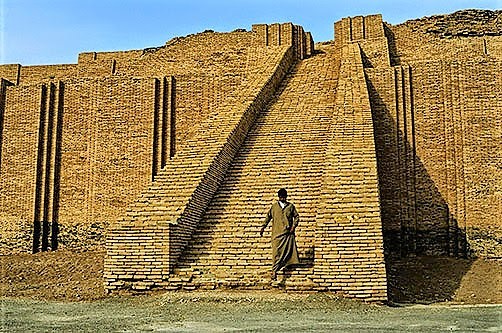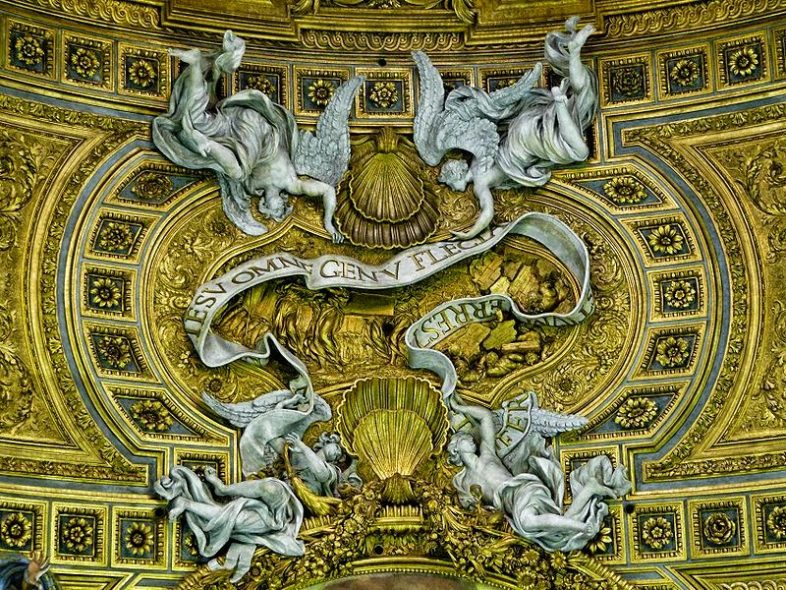What if the “one” God half the population of the world are praying to is not the “correct” God? Whether aware or not, worshippers of the “one” God may be taking a risk just in case the “true” God is different from the God chosen by scribes. Whether the risk of worshipping one God, who may turn out to be non-existant or a fraud, equals the worshipping of no Gods at all are different or the same is difficult to confirm or deny. Both sides have to wait and see. The waiting will be very long and the “see” is not assured.
The suggestion of “one” or “true” God may have been made popular by the fact that etymology thus far has failed to provide an acceptable origination og God.
According to Wikipedia (Names of God in Christianity): “The name of God is not a human invention, but has divine origin and is based on divine revelation”.
What does that mean?
According to Wikipedia (same page): ” The names “Elohim”, “Yehwah”, ‘El, likely derived from His being first and foremost Elohim (singular Eloah) is likely derived from the same root and points to God as being strong and mighty, able to judge and to strike fear. Elyon refers to elevation and being exalted. These are, however, not proper names for God, but epithets also used for rulers and judges.[1] Adonai has a similar context and refers to God as a powerful ruler.[1][2] Similarly, El-Shaddai, derived from “shad” i.e. Lord, also points to the power of God.
Wikipedia is “mostly” wrong.
The names “Elohim”, “El”, “Eli”, “Allah”, “Ilah” have the same pre-historic mono syllabic morpheme *’L with dozens of attestations in Akkadian and Ancient and Modern Arabic. Those who suggest it is not a human invention may be saying the following words are also not of human inention: elevate, ultimate, altitude, etc., the three of which are compounds the first part of which is the Stone Age biliteral root *’L.
Elyon is the same as EL. Adonai appears to be from Ad, or Adam, also known as Adad and Hadad. Shad means no power than “powerful,” attested in the famous Arabian ballad of a black knight known as ‛Antar Bin Shaddad. Yehwah appears to be more related to “God” than the other names listed names.

Zigurrat of Ur, Iraq, Sumeria: www.ancient-wisdom.co.uk.
There are no secrets in correctly construced proper nouns. In most cases we need not do more than merely read the names correctly and they may reveal their true meanings. Most of worshippers are as convinced they pray to the “true” God as the Stone Age people did choosing for their god words that were in common use by their communities.
We have analysed and re-analysed the vast majority of “Semitic” roots and their suffixed and prefixed specifier extensions and compounds but we failed to identify a single word that meant or probably meant or could have meant God was seen by anybody in any form.
Applied Biliteral Etymology is clear in that there is a location in Eastern Arabia some believed to have been the spot from which God ascended to heaven. If this were to be read in the context of what was found in Ugarit’s temples the story could be sensational.
But it will remain a story.
Last modified: September 3, 2017



